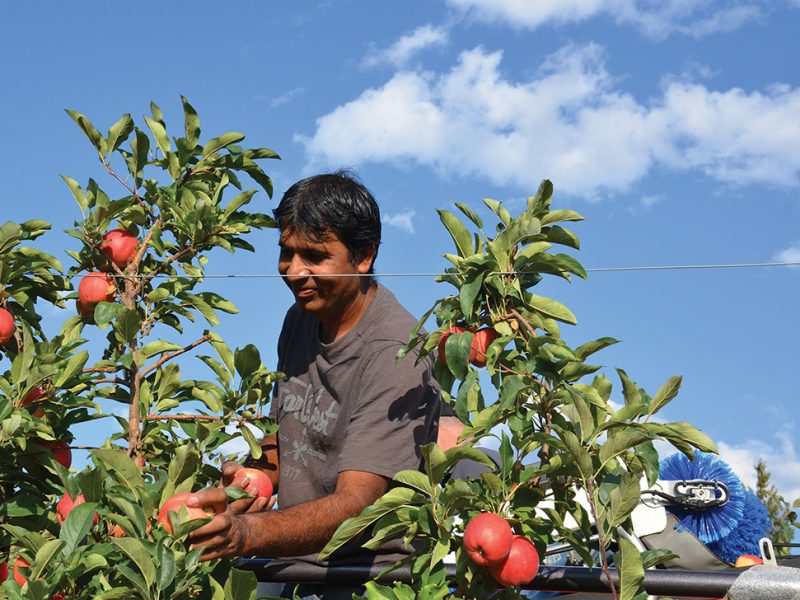The agricultural stream of the Temporary Foreign Workers Program has been growing in popularity with BC farm employers, but recently it’s been creating headaches, too.
Ongoing reports of “mass rejections” of foreign applicants began last fall and have continued this summer, creating time-consuming and costly delays for employers. They have yet to be resolved, despite making national headlines.
“It seems like a systemic issue but they have not fixed it or found out what is causing it,” says Janet Krayden, workforce specialist and team leader with the Canadian Mushroom Growers’ Association.
The reasons for rejection include alleged family ties in Canada, a lack of experience (often for roles that require none) and other factors.
A rejection forces employers to submit a justification to Immigration, Refugees and Citizenship Canada arguing each worker’s case even though the grounds for rejection are specious.
“Can you imagine the expense?” she asks. “It’s a huge time-wasting bureaucratic quagmire.”
Krayden believes mushroom farms account for the largest share of workers hired through the ag stream. BC’s Lower Mainland is home to just over a third of Canada’s mushroom production.
Ranchers, greenhouse growers and others also use ag stream workers to meet their need for long-term help. Workers hired through the program typically have a two-year visa, while Seasonal Agricultural Worker Program participants work typically stay for eight months.
“I’ve spoken to immigration consultants and they have told me this is hitting multiple agricultural commodities, and other sectors,” Krayden says.
WALI Canada, which addresses issues related to foreign workers, said it could not speak specifically to the issue of the mass rejections.


 Moon shines among BC grape growers
Moon shines among BC grape growers